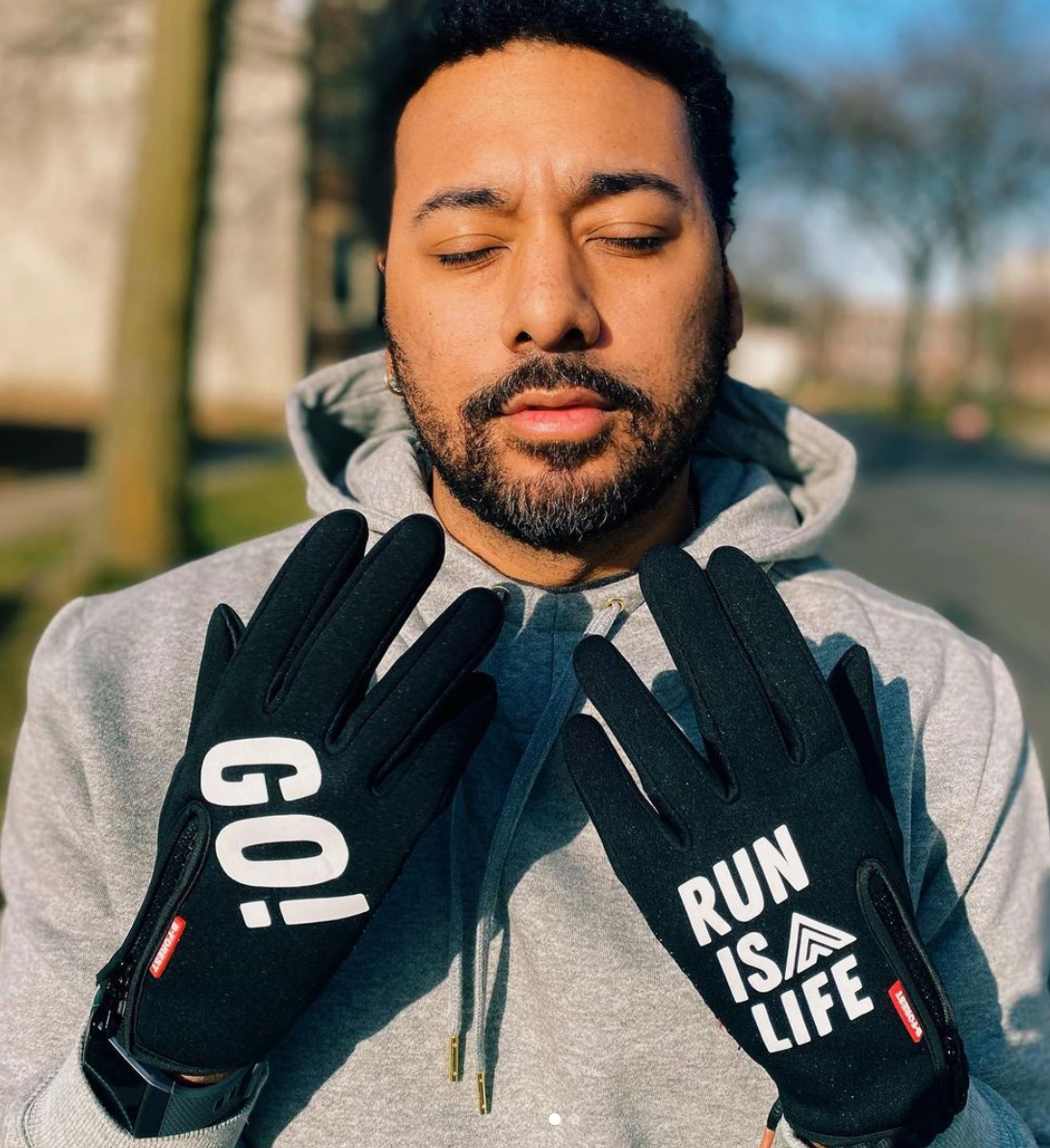
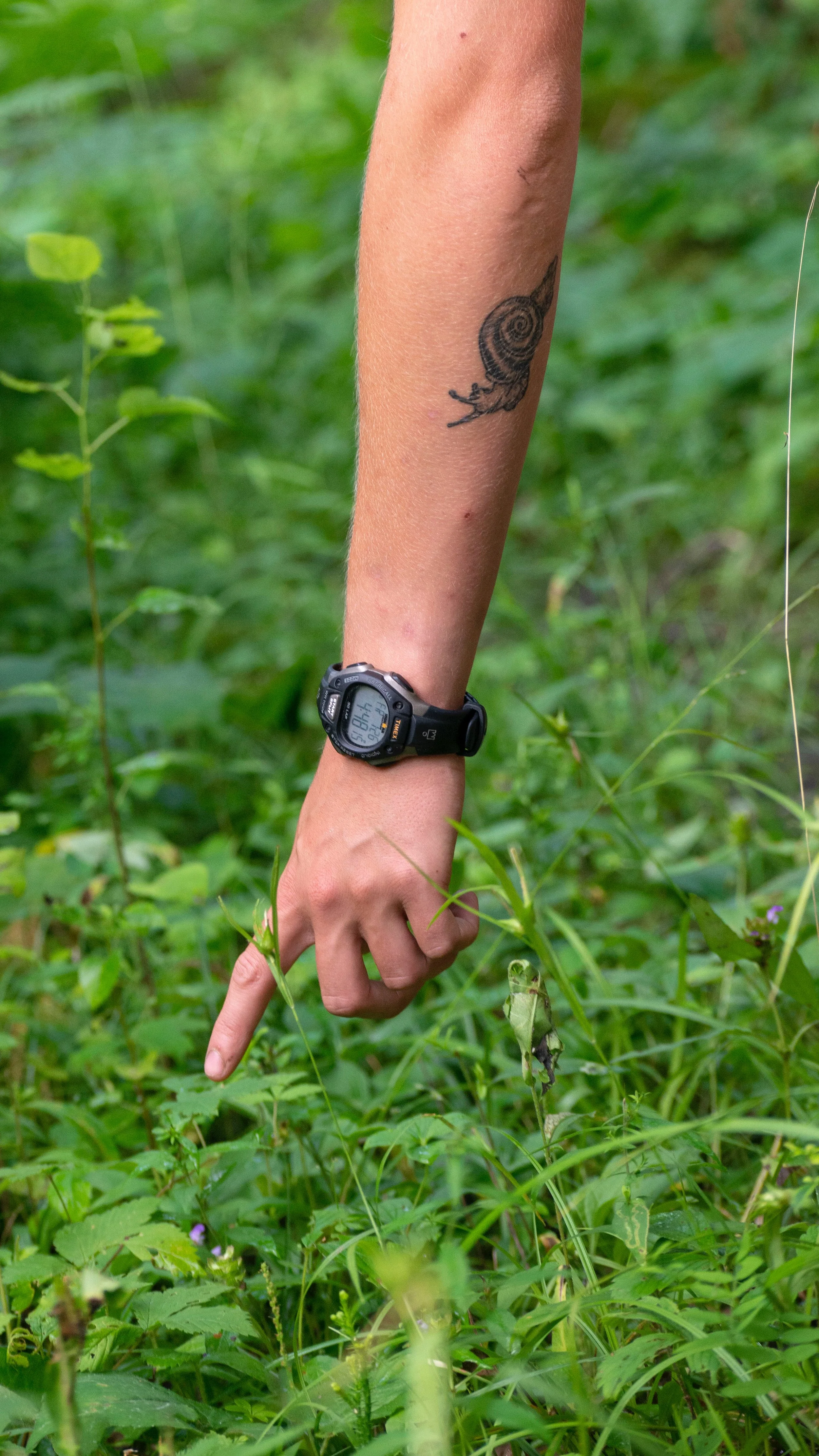

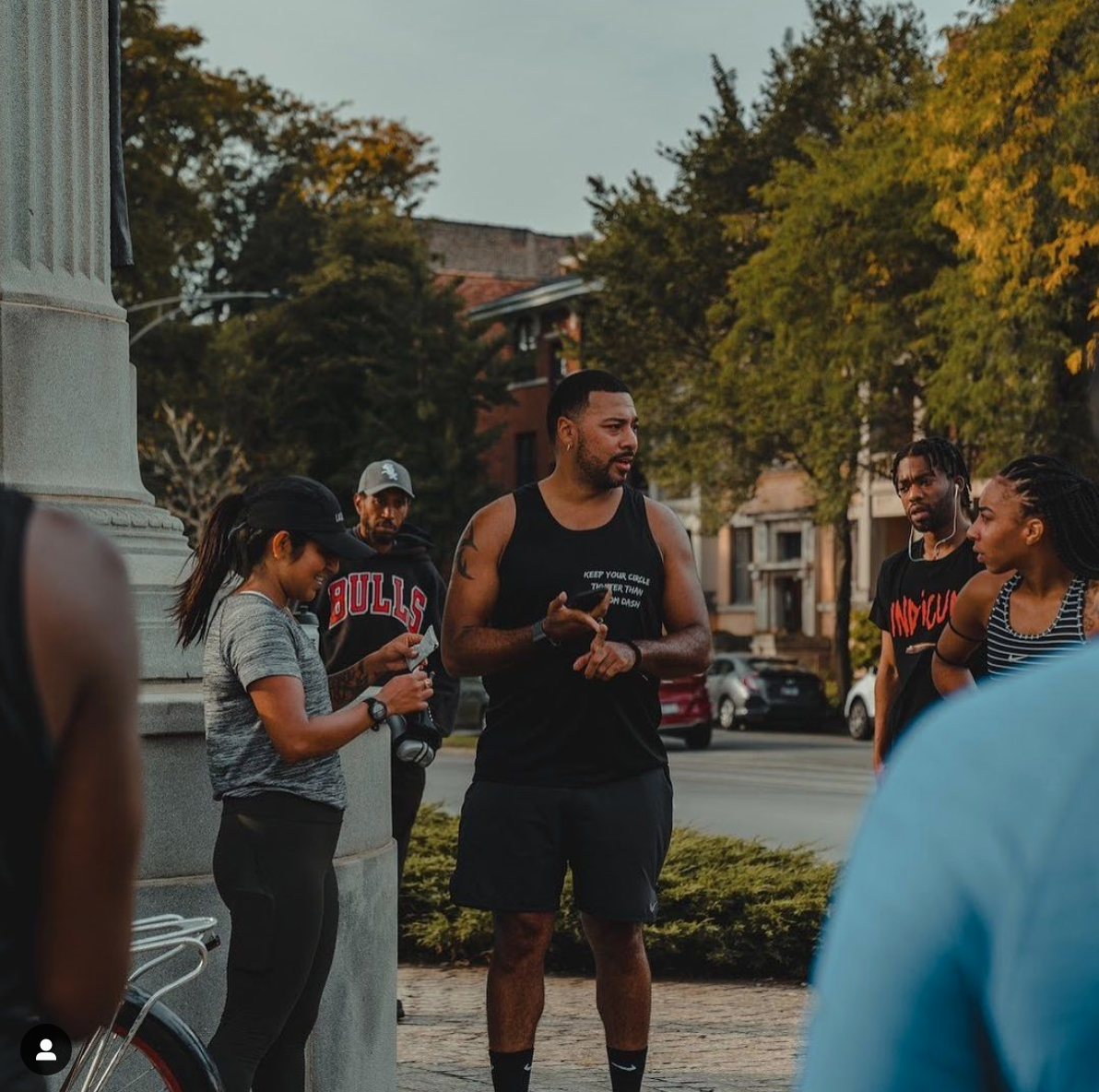
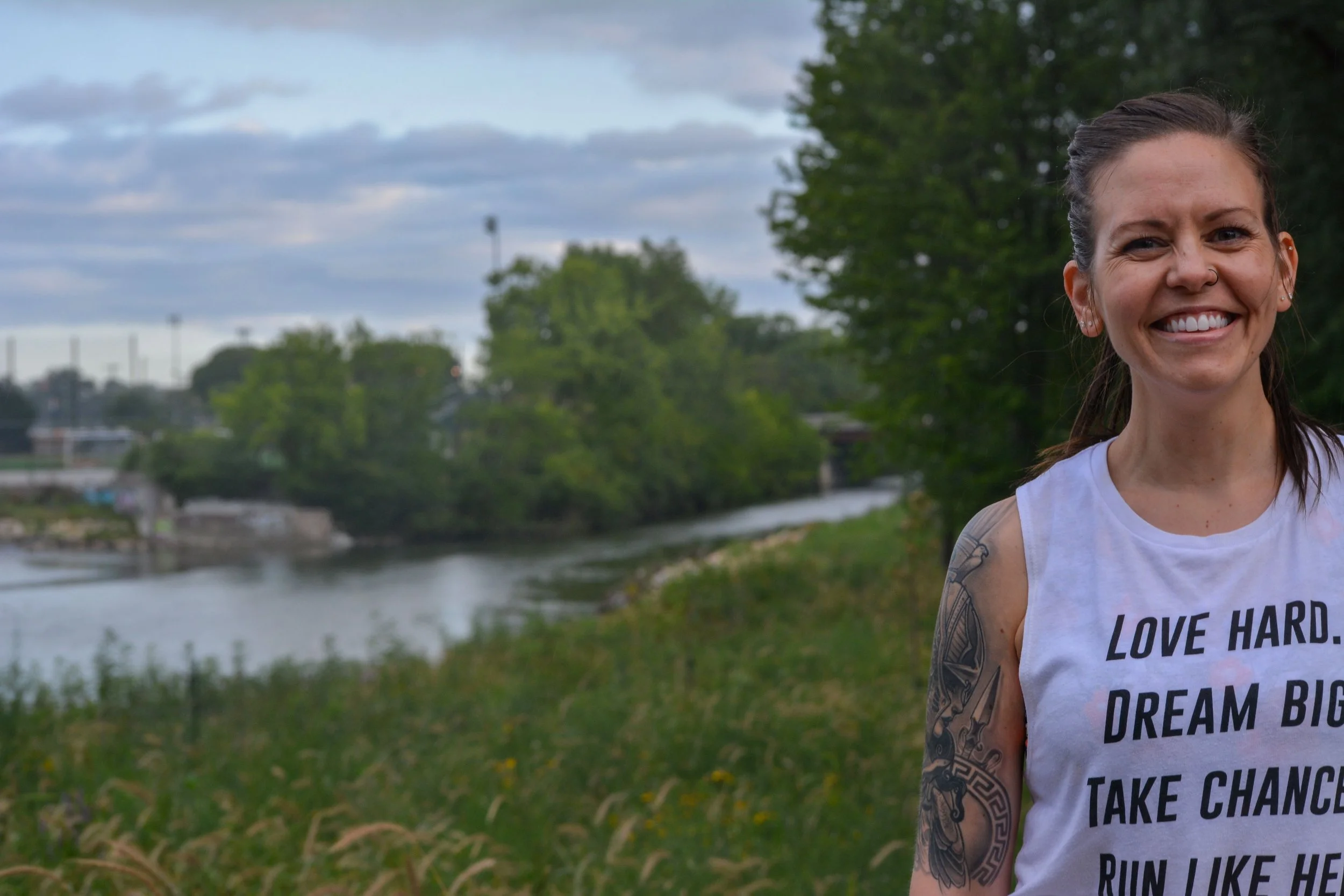

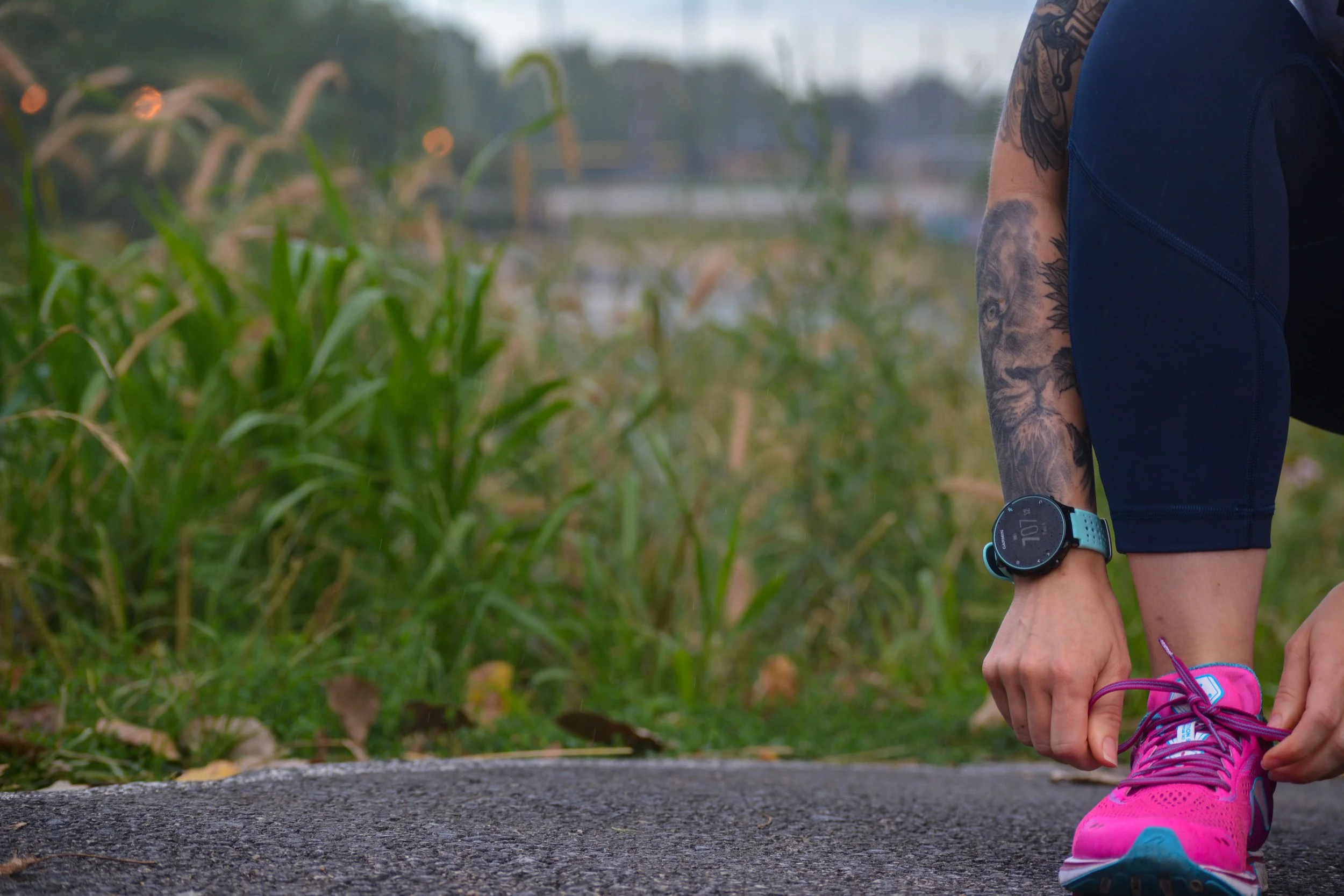
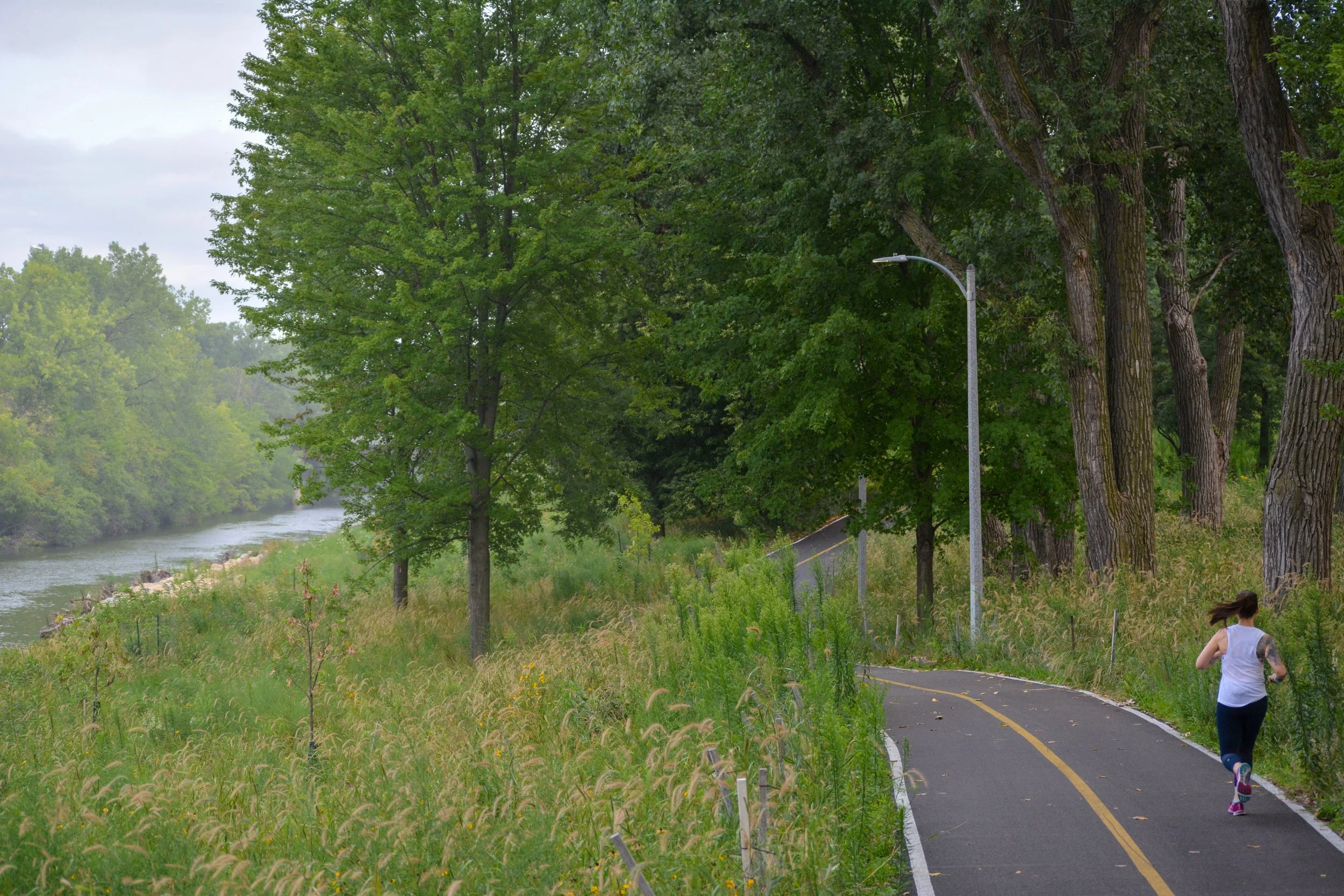
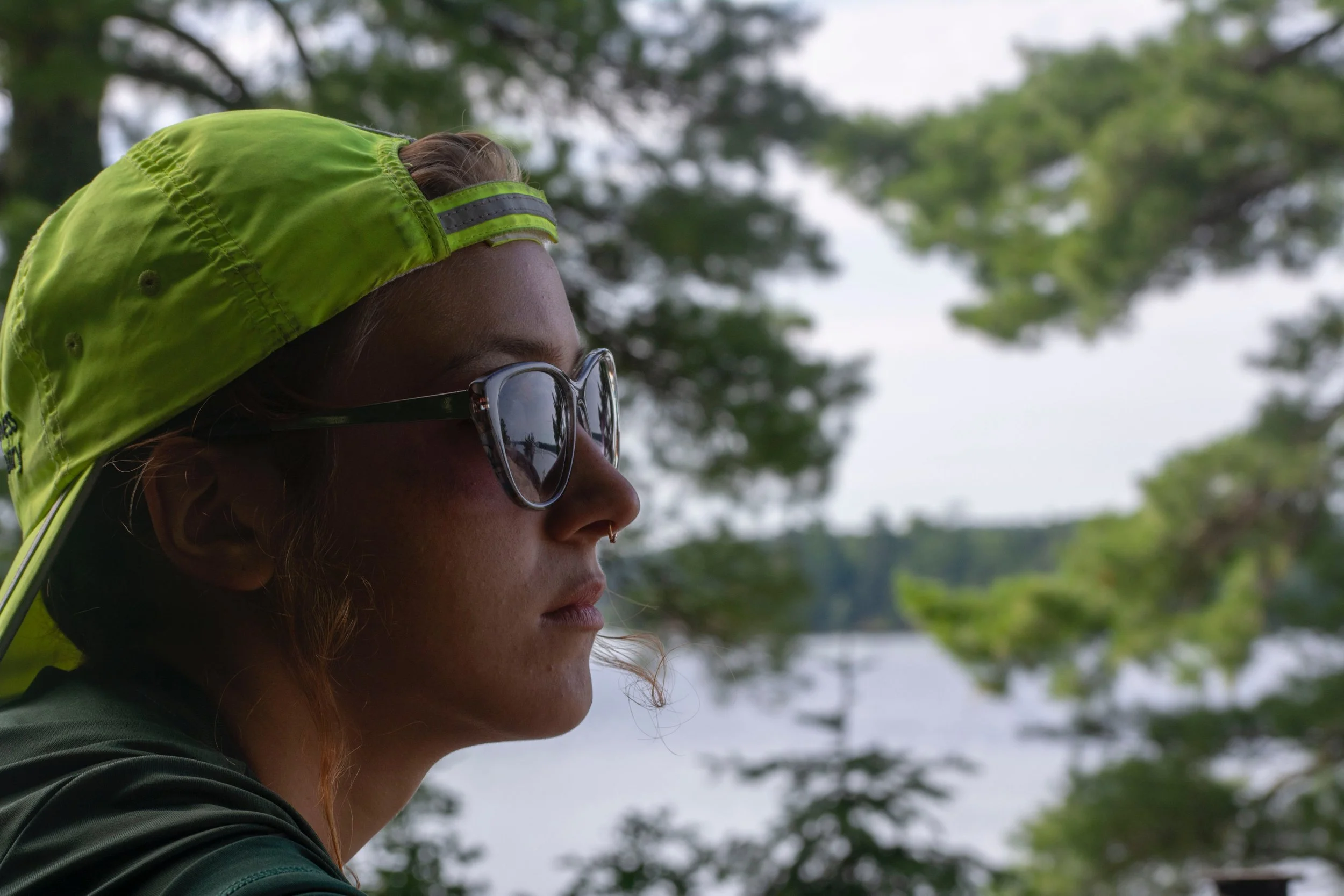
Why Whitney Runs
It’s one of the most challenging things you can do: holding yourself accountable. But training for a marathon forces responsibility upon the bravest of souls.
Running turned Whitney Zweifel’s life around, and now she (very) happily encourages others to join her.
“When I started running I was trying to overcome the feeling of disappointment I had in myself at that point of time,” she said. “And it’s very rare to find a runner who is not happy, it’s just what it does to people.”
As a psychologist, Whitney thinks of running as a means to a more fulfilled life.
“When you decide to start training for a marathon, it’s one of the biggest risks you can take, it’s some of the most isolated, vulnerable experiences you can have while taking on some of the most responsibility you can.”
Whitney has completed eight marathons, has run along Highway 1 in California, has finished the Chicago Marathon for the last four years, as well as paced for the Chicago Area Runners Association (CARA). During her first year as a participant with CARA in 2016, one of the pacers picked up an injury, so the job fell to Whitney.
“I was kind of dumbfounded they wanted me to do it,” she said. “But something kicked into drive and I did it and absolutely loved it. I was hooked.”
She leads groups up to 50 people with a set intention of pace, motivation, hydration and route...well sometimes the route, other times it’s made up on the spot. “Going rogue” she calls it.
“Everytime we start there’s not a doubt in my mind we won’t get through it. No matter if legs are feeling heavy, no matter whatever it is that day, we’ll get each other though it.
That kind of self-assurance transcends into her daily life.
“I’ll recruit people who are on a path of self-discovery. Even though we’re surrounded by support, you have to do so much of that work on your own. You’re the only person who can run that mile. It is probably the most in-depth self-discovery you’ll have, and at the same time you have that family to nurture your growth in the hardest and most vulnerable times.
“All we ever do is just love and support each other when we’re down and it’s so beautiful to watch.”
She loves it so much, she prescribes running to help some of her clients.
“Their core instability and imbalances usually stem from some form of lack of self-worth and belief, and that’s the thing that marathon training really strengthens and intensities in terms of growth: the belief that you’re worthy.
“You start to pay attention to what truly matters and re-prioritize your life in a way. You start to notice all that you can accomplish because running makes life so much clearer.
“We work up to a mile, from there, we build. Once we get to a mile, they want more and ask more from themselves, and you watch this glow burning within them.”
This summer her races have looked different. They’re quieter, virtual and less-crowded, but nothing has changed about why Whitney runs.
“It’s my saving grace, it’s my lifestyle, it’s my identity, I’m not an elite runner, but I push myself. I don’t need a race to get what I want out of running.”
Following the Queen
As soon as she realized guiding was a career, she wanted to do it. She’s always been drawn to the environment and a natural leader. At 22, Aidan Denison has experienced guiding through tornadoes, flash floods, rough waters and wildlife encounters, from rock climbing in China to yurt camping in Montana.
“If I had to choose a crazy time guiding it would probably be navigating a terrain with wolves and bison this winter in Montana. Bison are huge and can easily kill me and my guests, so it was a big concern all winter.
“They constantly use our ski trails to walk on because we pack down the snow. So if you are skiing with your head down for a mile you could just look up and be staring into the face of a 2,000-pound bison, which actually happened a lot, just saying.”
I asked Aidan if she ever doesn’t believe where she’s gone or the encounters she’s had (like staring into the eyes of a bison, for example).
“I feel that way every day,” she said.
“So those experiences are still beautiful and surreal and part of the fun of it, but just want it to be noted.. that stuff is minor compared to the everyday small miracles and it shouldn’t over shine the stuff that doesn’t make a great story but is still a ‘crazy’ cool thing like watching kids touch lily pads, look at mushrooms, play with frogs, or spend quality time outdoors with their families.”
This perspective was born in Ely, Minnesota, where she attended Vermilion Community College, one of the country’s top ranked schools for outdoor education and natural science.
Ely, the small town of 3,400 people nestled in northeastern Minnesota, is home to old iron mines and interconnected waterways, such as the Boundary Waters and Voyageurs National Park, which granted access 250 years ago to the voyageur, the French-Candaian travelers seeking fur trade routes to northwest America.
Now, the rugged waterways are protected to keep loons calling and pure lake water drinkable.
At Vermilion her final project came in the middle of December, where she had to build an A-frame shelter, filter water and present edible mushroom findings for survival .
She spent plenty of time in Ely studying the terrain and way of people like Sigurd F. Olson, one of the first backcountry explorers to document the Northwoods. That's why as a summer guide for Wilderness Inquiry, a travel company based in Minneapolis, she’s the lead guide for all Voyageur trips.
Last Lap inspiring from the start
A lot of hard work, thought and miles have come before the creation of the Last Lap Cornerstore.
For Ian Gonzalez, the owner of the running shop located on Chicago’s South Side, it was time to leave it all out there. “Your last lap to me is when you push it,” he said. “Empty out your tank and finish strong.
“Me at 30, I kind of feel like that’s where I’m at. I never wanted to work for anybody, I couldn’t see myself climbing the corporate ladder. I have children now, I have responsi- bilities, so it’s like whatever I do now, it’s my last attempt, so I’m going to finish strong or I’m going to crash and burn doing it.”
Ian worked for Nike during the 2017 Chicago Marathon when he got hooked on the running culture. Before then, he wasn’t interested in running and hated the thought of it.
“I’m seeing people downtown and they all got their medals on and it’s a whole vibe,” he said. “The marathon had been going on for decades, and just now I’m aware of all this stuff.
“I was like, I need a medal.”
Ian raced in the Turkey Trot later that year and registered to run the marathon for the following year. This was a year that consisted of self-discovery, purpose and chal- lenges.
“After 22 weeks of training, I completely fell in love with it,” he said. “When I started hitting double digits in miles, I experienced something.”
Ian had never run further than three miles. So each time he increased his tally, he was experiencing new pain, new triumph and new sensations.
“I’m a strong believer that science explains a lot of dif- ferent things,” he said. “Energy is never destroyed, it’s only transferable, and because I’ve never expended myself in that way and pushed myself to those kinds of limits. This might have been the literal first time I was pushing all this pent up energy in my body out. It was a spiritual moment.”
He’s continued to push himself and others since completing that first marathon. That’s where the Cornerstore enters the picture.
“I love being a leader, introducing people to the concept of not just running recreationally, but joining some races and getting some medals,” he said. “I want them to enjoy running as much as I do. That’s part of the mission statement for Last Lap Cornerstore.”
When the COVID-19 pandemic hit, Ian was de- livering food. He decided to stop risking his life and work on his own project instead. At first he thought about becoming a running coach, but then the idea for the store clicked. From there, things happened quickly. It was a two-hour process from filling out on- line forms and checking to see if the Instagram handle was available.
“Cornerstore speaks to the energy I want to create. Growing up on the South Side I heard stories about how important the neighborhood cornerstores were to my families, to black and brown neighborhoods.